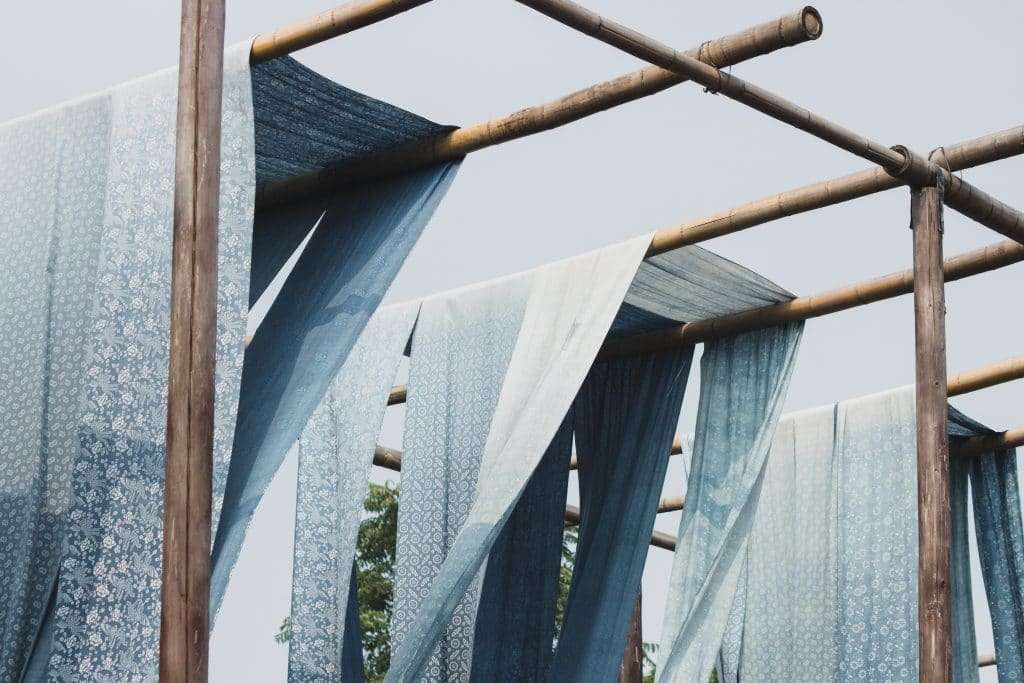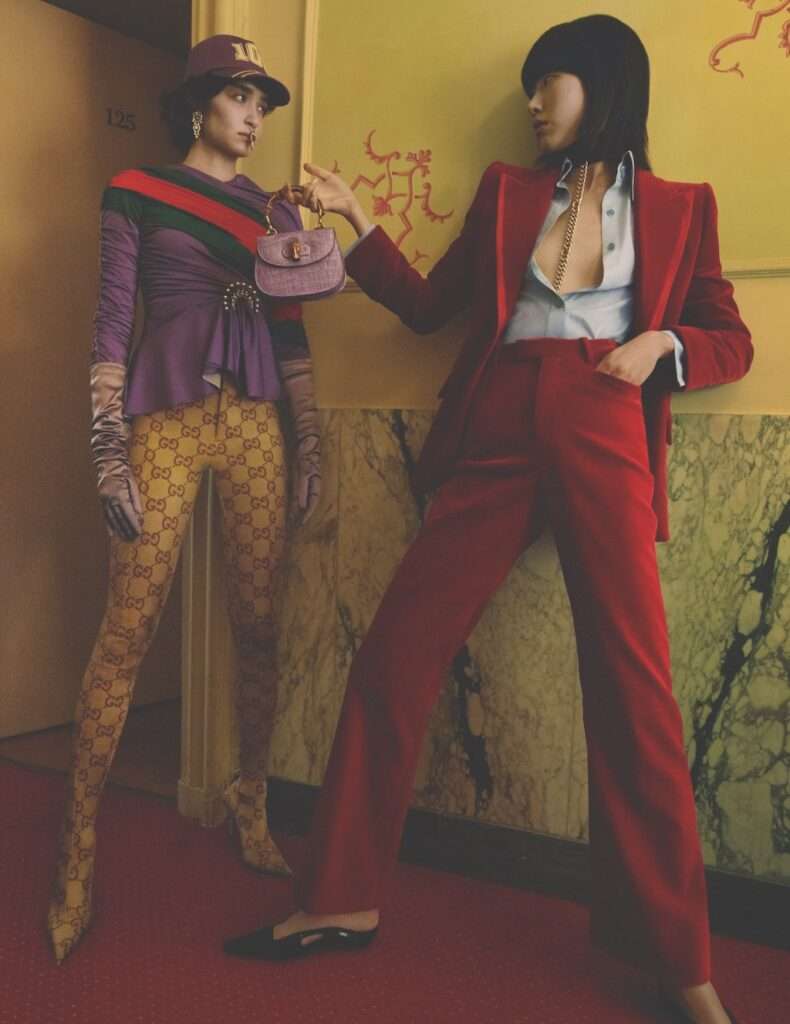The fashion industry still faces a long road ahead in addressing global inequality and the looming climate crisis, according to the most recent Fashion Transparency Index.
According to the Index, compiled by Fashion Revolution, a troublingly high percentage of major brands in the industry fall short in areas such as tax and purchasing practices, thereby exacerbating industry-wide inequalities. What’s more, these brands are failing to be transparent about the fuels used in the production of their clothing and whether they pay a living wage to workers in their supply chains.
In a first since the launch of the Index in 2017, a glimmer of hope emerged as two out of the 250 fashion brands evaluated achieved a score of 80 percent or above, marking noteworthy progress in terms of transparency. One of these brands belongs to the luxury sector – Gucci – indicating a significant shift within this segment of the industry.
Even so, the overall progress toward transparency across the global fashion industry remains underwhelming, with major brands achieving an average score of just 26 percent. Despite this discouraging statistic, an upward trend has begun to surface. More than half of the brands (52 percent) listed in the review have started disclosing their first-tier supplier lists, a marked improvement from just 32 percent in the inaugural index.
‘Only the starting point’
Liv Simpliciano, Fashion Revolution’s Policy and Research Manager, expressed frustration at the lack of progress. “As activists, it is maddening to have to continually push for what ultimately is the bare minimum of what we should expect from major fashion brands,” Simpliciano said in a statement.
Simpliciano expressed concern over the slow rate of improvement amidst intensifying social inequality, environmental damage, and pending legislation. “We are pleased that a minority of brands are finally scoring 80 percent or higher but even 100 percent transparency is only the starting point and it seems many major fashion brands have yet to even show up to the race,” she said.

The Fashion Transparency Index’s 2023 findings also highlighted several areas of concern. Ninety-nine percent of major fashion brands failed to disclose how many workers in their supply chains receive a living wage. Additionally, amid escalating urgency over the climate crisis, 94 percent of brands did not disclose the fuel used in their clothing manufacturing process.
The Transparency Index also raised concerns over the industry’s failure to take responsibility in crucial areas like tax and purchasing practices. These failures continue to exacerbate inequalities within the industry. Notably, only 18 percent of major brands disclosed the percentage of executive pay linked to sustainability goals.
Clothes are produced by “guzzling water in regions where it is scarce and by
using thousands of toxic chemicals,” the report reads, yet, only 23 percent of major brands and retailers disclosed their methodology to identify these risks and only seven percent disclosed their wastewater test results.
“Given the worldwide impacts of hazardous chemicals on people and the planet, it is concerning that only 7 percent of major brands and retailers publish their supplier wastewater test results,” reads the report. “Brands must trace their entire supply chain to address long-lasting social and environmental impacts of water pollution on garment workers, local communities and the surrounding natural environments.”

Despite the connection between major textiles including cotton, viscose, and leather and deforestation, transparency around deforestation is also disturbingly low, says Fashion Revolution. The report cites Brazil — the second largest global cotton exporter — which is now reaching record levels of deforestation.
The group says hundreds of fashion brands have supply-chain links to Brazilian leather exporters, “despite some of them having explicit policies about deforestation.” The report calls it “alarming to see” the absence of transparency on targets. “Just 12 percent of brands published a time-bound, measurable commitment to zero deforestation this year. This is 3 percent less than last year.” Like water reporting, only 7 percent publish “measurable progress towards achieving zero deforestation.”
Progress in the luxury sector
Italian brand OVS scored highest in the 2023 Index with an 83 percent score, followed by Gucci at 80 percent. A shift in the luxury fashion sector has been noticed with five of the biggest movers of this year being luxury brands (Gucci, Armani, Jil Sander, Miu Miu, and Prada).

In contrast, 18 major brands failed entirely, scoring a zero rating, an increase from last year’s 15 brands. This included notable names like Fashion Nova, Tom Ford, and Savage x Fenty.
The report comes as Cos announced it has joined forces with Visa’s novel Recommerce Behavioural Insights Lab, a project designed to shed light on consumer engagement in a circular economy. The collaboration aims to bridge the divide between consumers’ intent and actions, encouraging circular business models and shopping behaviors.
Also joining the project as foundational partners are Mindworks, Twig, and the Ellen MacArthur Foundation, whose circular design principles will be incorporated. The new initiative underscores Visa’s commitment to Recommerce and the transition towards a circular economy.
Related on Ethos:


